During the Tobias Fellows Program, you will spend a year reflecting upon, shaping and elevating your leadership capabilities. We achieve this together, through an intentionally sequenced journey. Your experience begins with personal assessment and executive coaching to understand your starting point and goals, and then progresses through carefully selected lessons and experiences that ultimately culminate in mastering six key leadership competencies. Tobias Fellows is unlike any other leadership program out there; join us in taking the first step in your journey to leadership excellence.
Begin your leadership journey with us
Executive coaching
 Personal online assessment
Personal online assessment Coaching intake
interview
Coaching intake
interview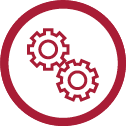 Develop
coaching plan
Develop
coaching plan Coaching sessions x 5
Coaching sessions x 5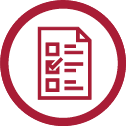 Assess outcomes and
reset goals
Assess outcomes and
reset goals
All incoming Fellows will undergo an assessment and coaching sessions to plan and shape their trajectory of leadership growth. This one-on-one, personalized, confidential and self-paced process helps you map a route to your leadership goals.
The executive coaching process begins with an online assessment that produces a personalized workbook for each Fellow.
In January the Fellows meet the coach in person during the coaching intake interview, talk about how the coaching process works overall, and each Fellow receives their personalized workbook of individual data. The coach teaches the group during this orientation how to read their book and set personal goals.
Between January and February, each Fellow schedules an individual opening interview process with the coach. Within 30-60 days each Fellow will have developed a customized, personal coaching plan for their leadership needs.
The five individual coaching sessions are planned between each Fellow and the coach. The coach knows the program retreat curriculum and can help with leadership guidance regarding specific lessons. Individual coaching is not mandatory, but it is highly suggested to attend at least a couple of times, if not all five, as this is an integral part of the program.
The executive coaching culminates in assessing outcomes and resetting goals, bringing the journey to a new phase of application outside of the program. This last step occurs in either June or December depending on how many individual coaching sessions the Fellow personally decides to do.
Steps to becoming a stronger leader
Each retreat in the leadership journey is presented sequentially and builds upon the previous lessons. The individual coaching sessions are designed to be scheduled throughout the journey, giving the possibility to dive deeper into specific lessons. Once begun, this path continues indefinitely, as you gain access to the Tobias Leadership Network following completion of the program.
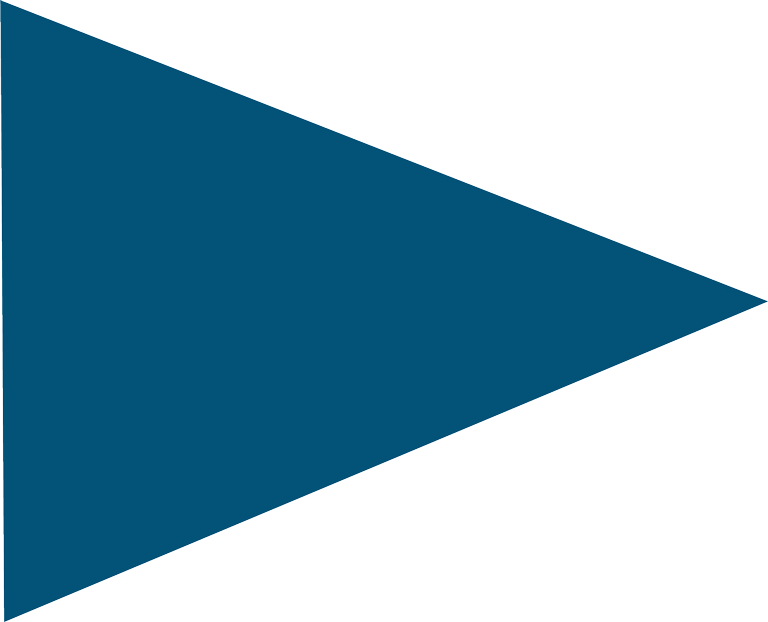
Meet your cohort
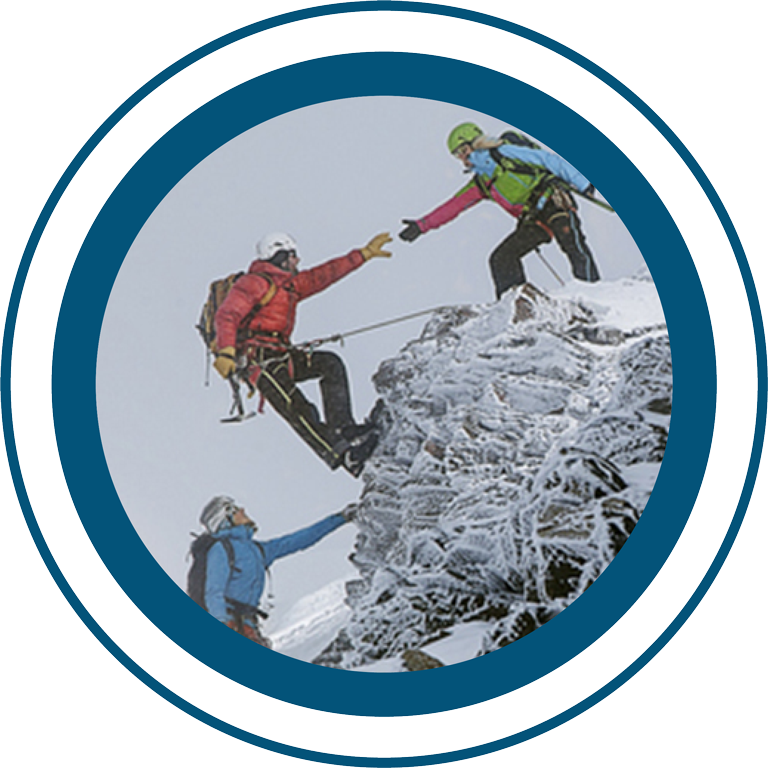
1. Lead from where you are
How can different contexts expand your leadership practice?
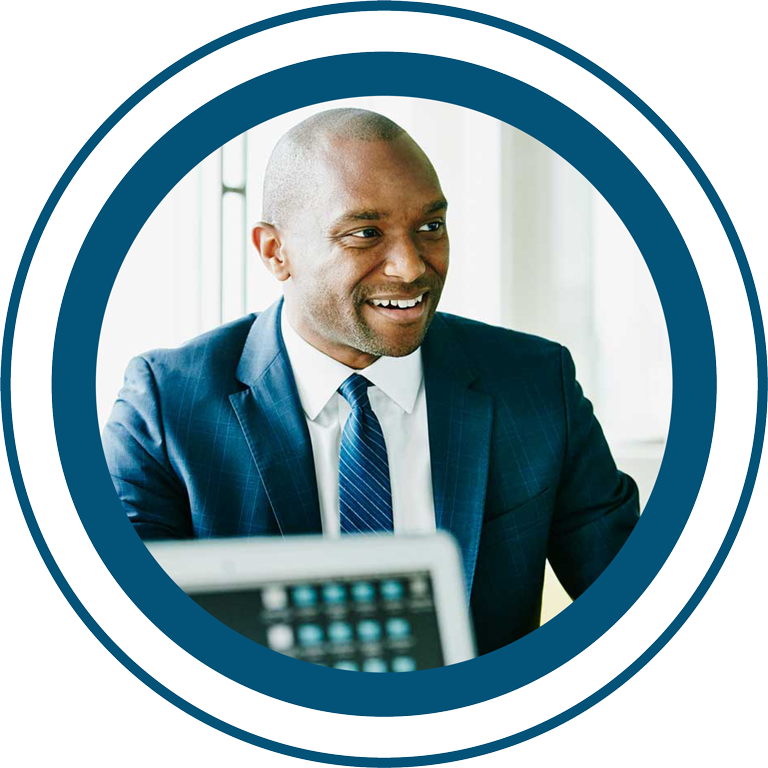
2. Become an agile leader
How do you lead through ambiguity?
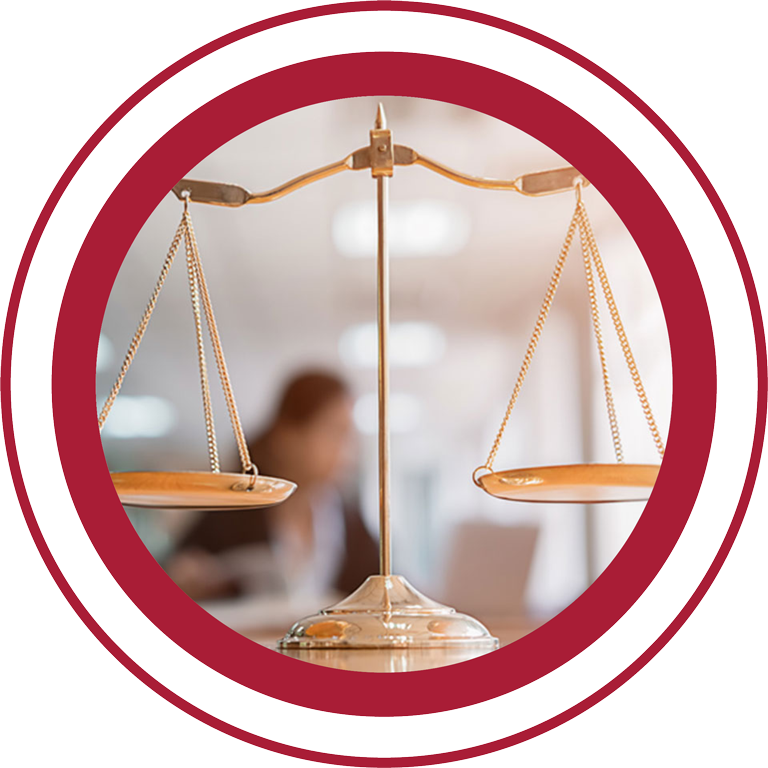
3. Handle ethical challenges
Can you work across sectors to resolve issues?
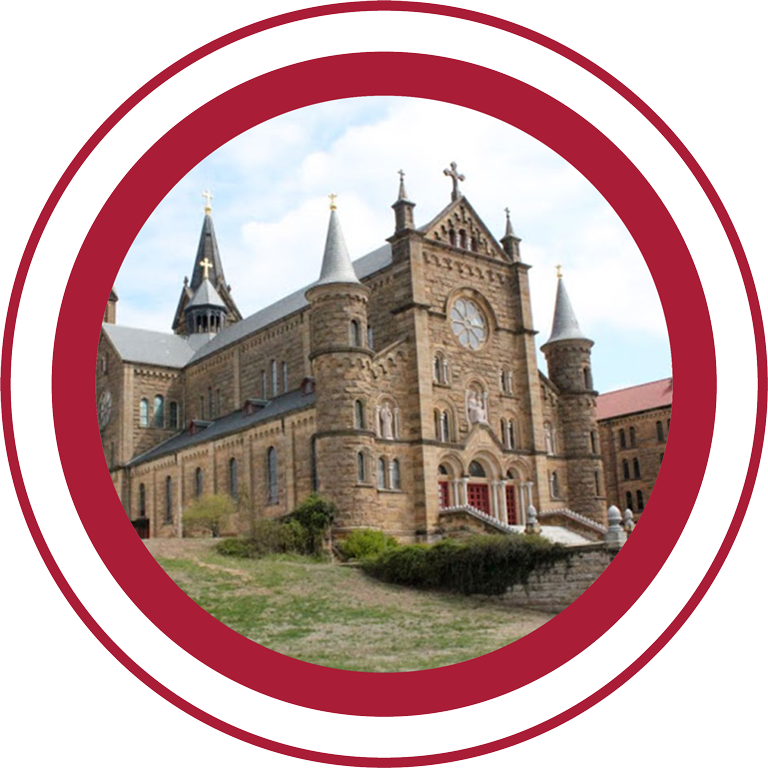
4. The power of reflection
Do you examine your actions and align them to values?
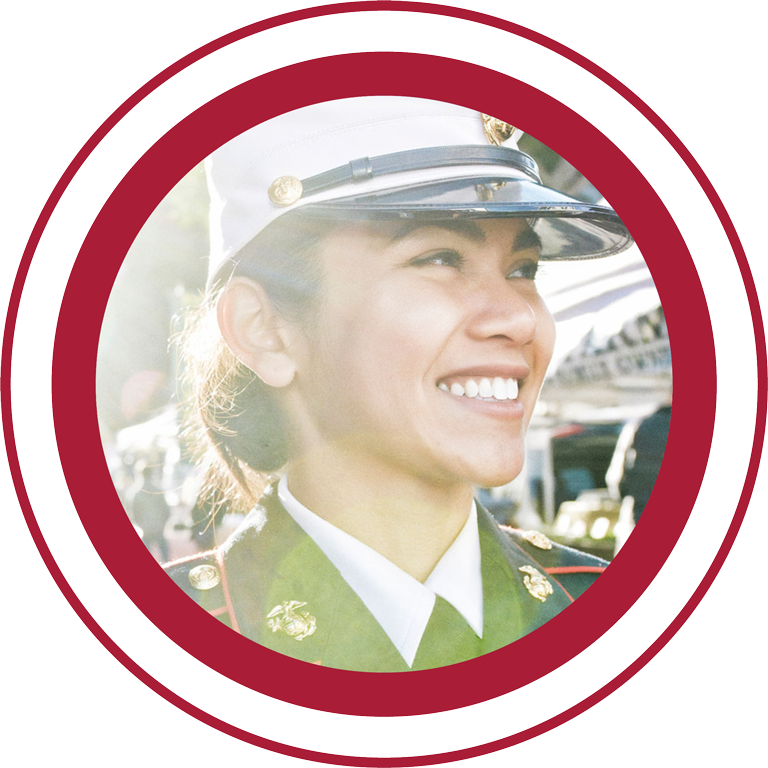
5. Achieve a mission
Are you a leader someone can trust?
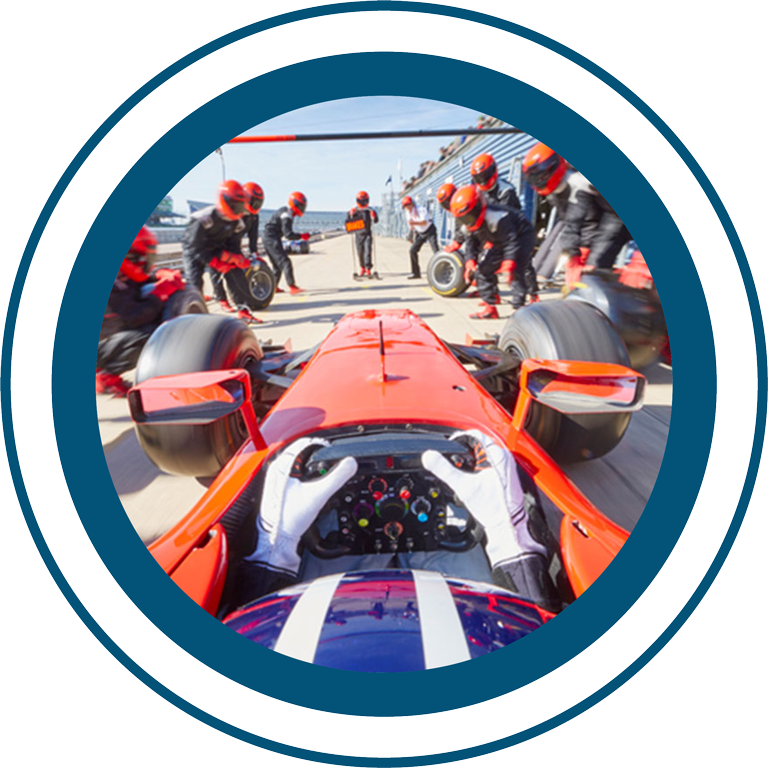
6. Build high-performance teams
How does shared vision impact leadership?
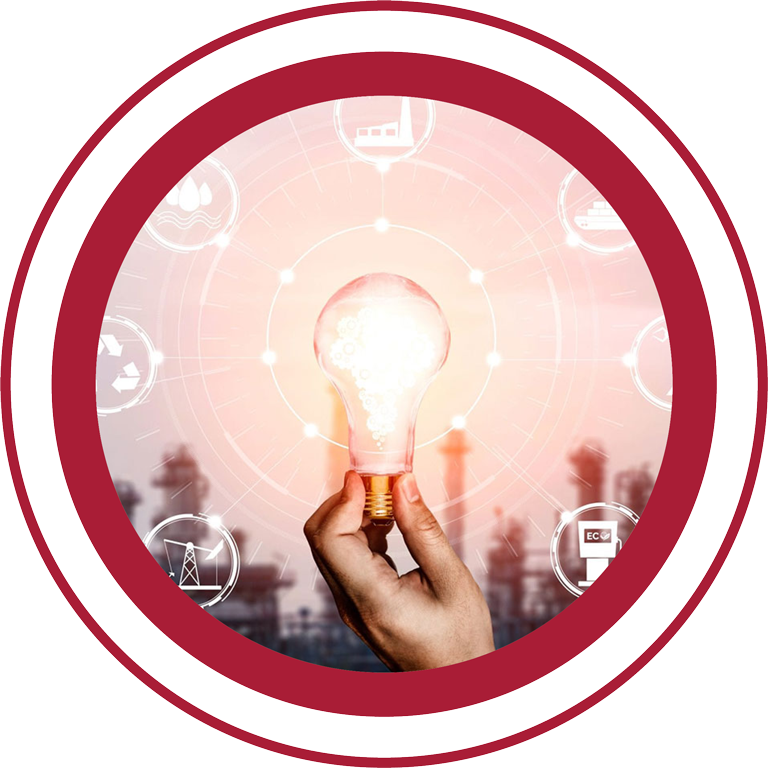
7. Influence innovation
Are you a systems thinker?
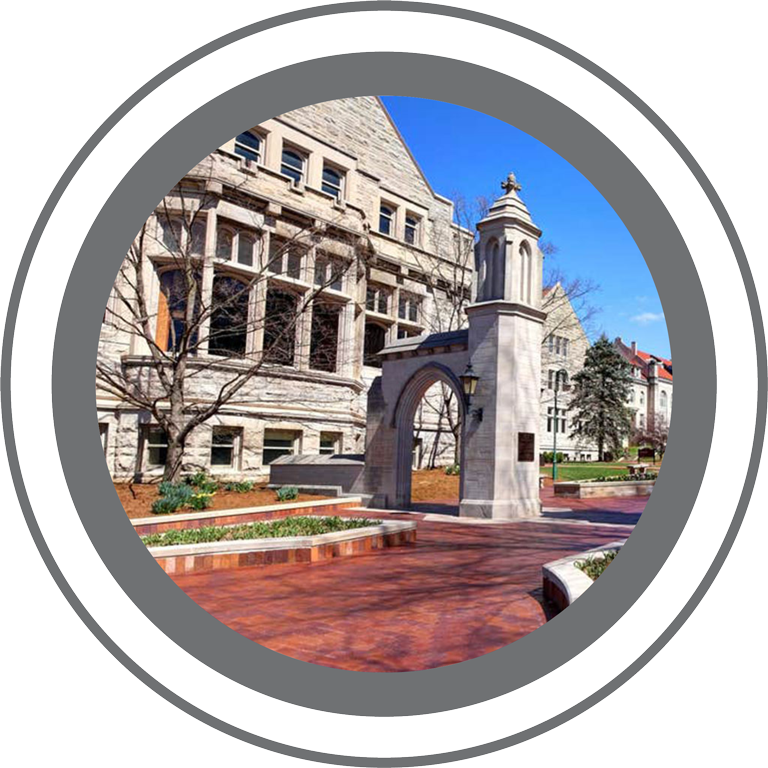
8. Leading teams
How can a culture of inclusion help you innovate?

9. Tell your story
Can you effectively communicate your experiences?
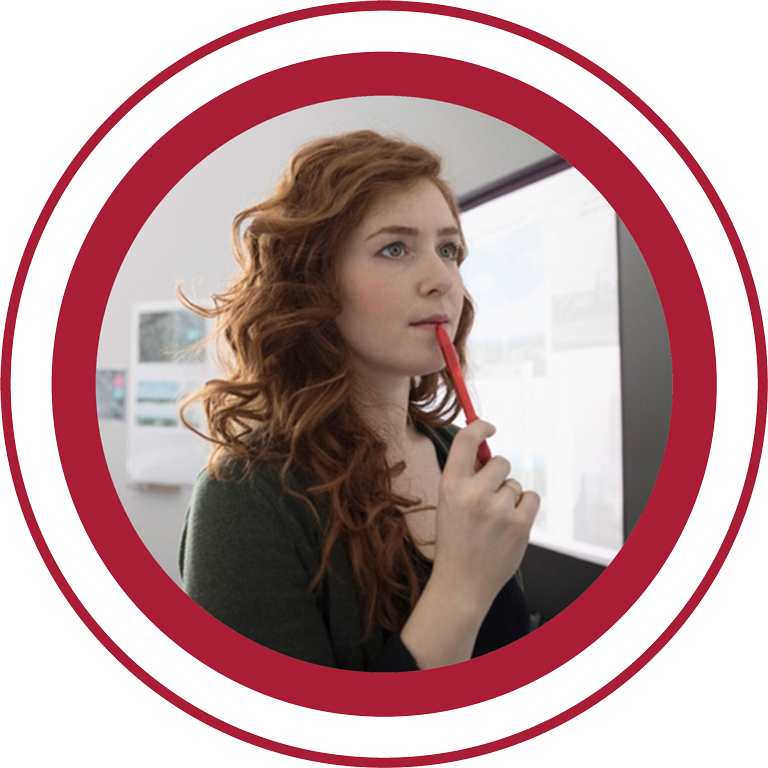
10. Create your vision for the future
Translate vision into practice.
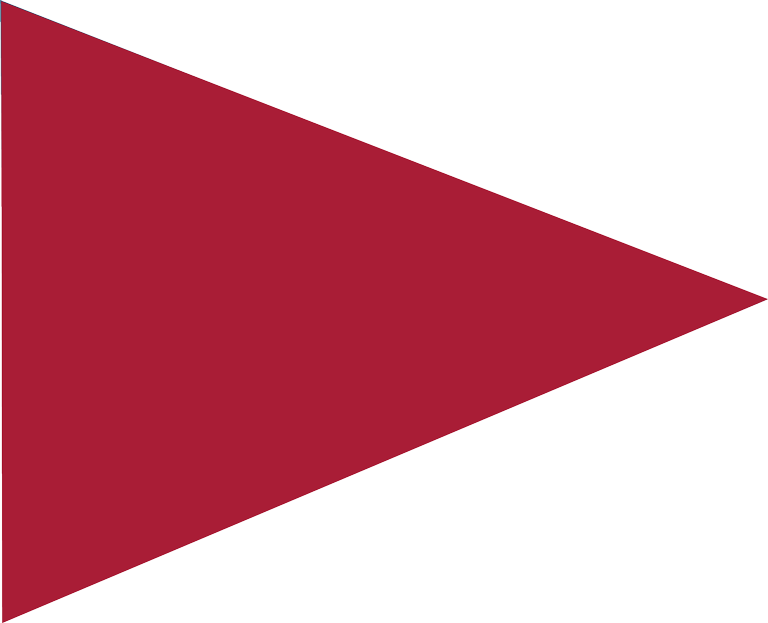
Continue your journey with the Tobias Leadership Network
Key leadership competencies
Many qualities contribute to the development of an excellent leader. We designed this program for Fellows to achieve six key competencies. By the end of your year as a Tobias Fellow, you will have the tools, knowledge, and self-awareness to confidently address the following aspects of each leadership capability.
In the context of leadership, self-awareness is:
- conscious knowledge of one’s own character, feelings, values, passions, motives, and desires.
- the difference between how we see ourselves and how others see us.
Questions to ask yourself about self-awareness:
- Do you know and live your values and passions, and do you live a life of character?
- Do you make time to seek critical feedback from others?
- Do you build in time during your week for reflection, asking “what” questions instead of “why” questions?
- Does your team see the real you?
- Do you question assumptions?
In the context of leadership, mindset is:
- a mental attitude, inclination, tendency, or habit.
- a way of thinking that affects how a leader encounters, processes, and responds to a situation.
Questions to ask yourself about mindset:
- Do you have a growth-oriented outlook?
- Can you understand and solve problems in fresh and unique ways?
- Can you utilize reflection practices to learn from experiences?
- Are you an adaptable leader?
In the context of leadership, vision is:
- the ability to think about or plan the future with imagination or wisdom.
- a mental image of what the future will or could be that drives how a leader spends his or her energy and resources.
Questions to ask yourself about vision:
- Do you understand the importance and impact of setting a clear goal?
- Are you able to identify silos in your organization and work to remove them?
- Are you capable of leading change and innovation?
- Do you consider system level impact of your decisions?
In the context of leadership, perspective is:
- a particular attitude toward or way of regarding something; a point of view that is shaped by life experiences, values, and the assumptions a person brings into a situation.
- true understanding of the relative importance of things, often gained by open discussion.
Questions to ask yourself about vision:
- Do you appreciate innovative approaches from a variety of sources?
- Can you gain insights from your peers and improve your problem-solving?
- Can you apply frameworks for ethical decision making to regular day?
- Are you thoughtful about creating a culture of inclusion?
In the context of leadership, collaboration is:
- the action of working with others who contribute their ideas and expertise for the benefit of a shared objective, project, or mission.
- a partnership; a union; the act of producing or making something together.
Questions to ask yourself about vision:
- Can you develop a coordinated yet flexible team that responds to issues effectively?
- Do you influence the team dynamic?
- Can you lead interdependent teams?
- Do you include others ideas in your decision making?
In the context of leadership, communication is:
- the act of imparting or exchanging information about the organization’s culture, core values, mission, goals, and employee performance to create transparency and trust.
- the successful conveying or sharing of ideas and feelings to build relationships.
Questions to ask yourself about communication:
- Can you share your personal story to express your vision?
- Can you inspire confidence in your leadership?
- Are you an authentic and effective communicator?
- Do you help others communicate effectively?


